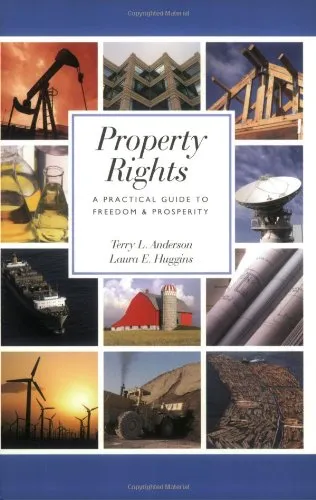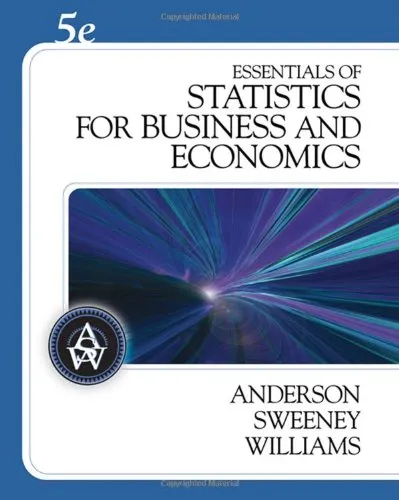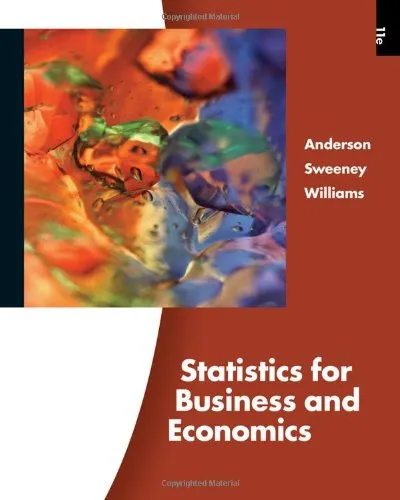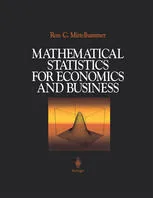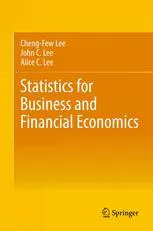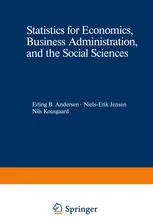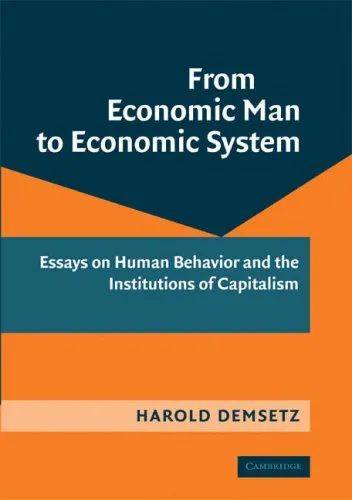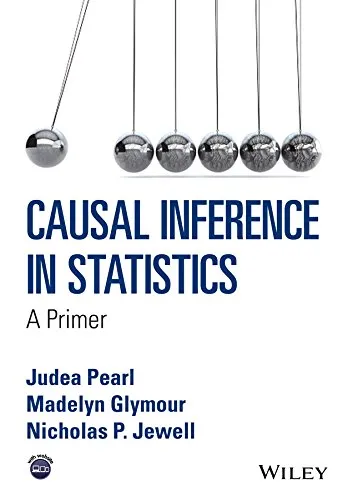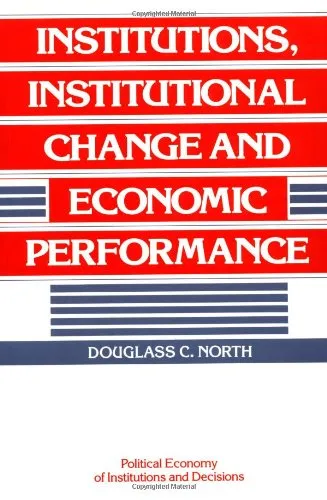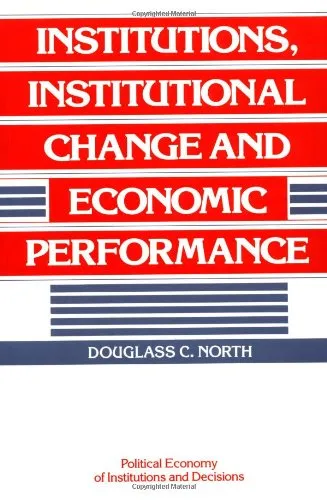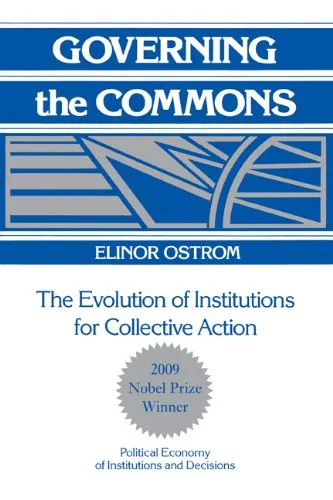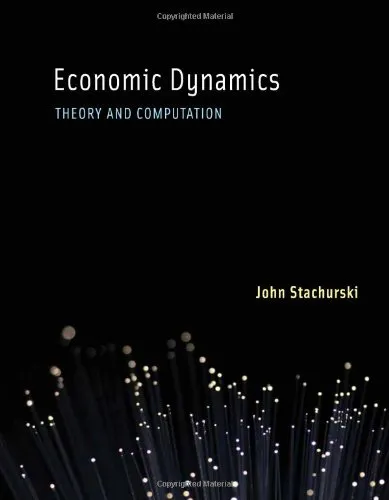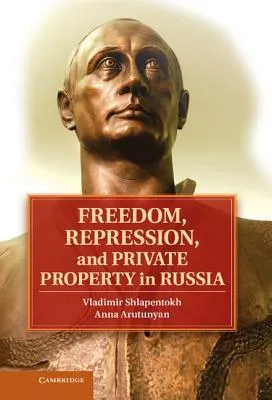Property Rights: A Practical Guide to Freedom and Prosperity (Hoover Institution Press Publication)
4.5
Reviews from our users

You Can Ask your questions from this book's AI after Login
Each download or ask from book AI costs 2 points. To earn more free points, please visit the Points Guide Page and complete some valuable actions.Related Refrences:
Introduction to "Property Rights: A Practical Guide to Freedom and Prosperity"
Authored by Terry L. Anderson and Laura E. Huggins, "Property Rights: A Practical Guide to Freedom and Prosperity" presents a compelling argument for how secure and well-defined property rights are a cornerstone of individual freedom, economic prosperity, and environmental sustainability. This book, published as part of the Hoover Institution Press series, dives deep into the intricate relationship between property rights and the social, economic, and political frameworks of global societies.
From the bustling urban centers of developed nations to rural, agrarian communities in poorer countries, the book meticulously shows how property rights serve as a mechanism to unlock human potential, resolve conflicts, and decentralize decision-making. By illustrating real-world examples, Anderson and Huggins highlight the essential role that ownership and strong legal frameworks play in fostering sustainable development and alleviating poverty. This guide is not just a theoretical exploration—it’s a roadmap for enhancing global prosperity, starting at the foundational level of secure, well-enforced property ownership.
Let’s delve into a detailed breakdown of what makes this book a must-read for policymakers, researchers, students, and anyone interested in the principles of freedom and prosperity.
Detailed Summary
The book opens with a discussion on the concept of property rights, laying out their importance as the building blocks of liberty and economic development. Anderson and Huggins argue that property rights transcend material wealth—they empower individuals, foster accountability, and minimize exploitation of resources. The authors draw from both historical and contemporary examples to demonstrate how societies with well-defined and legally enforceable property rights tend to thrive, while those lacking such structures lag behind.
The authors also address misconceptions about property rights and explore contentious issues such as land reforms, communal ownership, and indigenous claims. They make the case for the adaptability of property rights and how their enforcement can coexist with cultural traditions and modern societal norms. Additionally, the book thoroughly examines the relationship between property rights and resource management, showing that sustainable usage becomes achievable when individuals or groups have a direct stake in those resources.
The book doesn’t just focus on theory. It provides actionable advice for policymakers, including the critical importance of clearly defining property boundaries, facilitating property transactions, and ensuring fairness in ownership allocation. By balancing thoughtful analysis with practical application, Anderson and Huggins offer valuable solutions to the pressing challenges of poverty, conflict resolution, and environmental degradation.
Key Takeaways
- Property rights are fundamental to both individual liberty and economic prosperity.
- Strong property rights reduce conflict and promote cooperative interactions in society.
- Well-defined property rights are crucial for managing resources sustainably and preventing overexploitation.
- The enforcement of property rights requires robust legal and governance systems to ensure fairness and justice.
- Instituting property rights in developing countries can alleviate poverty and empower marginalized communities.
Famous Quotes from the Book
"Property rights are the guardian of liberty and the foundation of prosperity."
"When people own something, they have both the incentive and responsibility to take care of it."
"The rule of law, beginning with property rights, is the key that unlocks the potential of a free society."
"By aligning ownership with accountability, we create a system where innovation and sustainability thrive."
Why This Book Matters
The relevance of "Property Rights: A Practical Guide to Freedom and Prosperity" cannot be overstated in modern times when economic inequality, environmental crises, and social conflicts dominate the global landscape. The book provides a practical framework for addressing these challenges through a principled understanding of property ownership and economic freedom.
For policymakers, this book serves as a handbook for creating secure property rights systems that empower individuals and communities. For academics, it provides theoretical insights and real-world case studies to better understand the correlation between institutions and development. For the general reader, it clarifies the importance of ownership in personal and societal contexts while inspiring a deeper appreciation for its role in preserving liberty and dignity.
By bridging the gap between economic theory and pragmatic policymaking, Anderson and Huggins have crafted a guide that equips readers to advocate for a world where freedom and prosperity are accessible to all.
Free Direct Download
You Can Download this book after Login
Accessing books through legal platforms and public libraries not only supports the rights of authors and publishers but also contributes to the sustainability of reading culture. Before downloading, please take a moment to consider these options.
Find this book on other platforms:
WorldCat helps you find books in libraries worldwide.
See ratings, reviews, and discussions on Goodreads.
Find and buy rare or used books on AbeBooks.
1319
بازدید4.5
امتیاز0
نظر98%
رضایتReviews:
4.5
Based on 0 users review
Questions & Answers
Ask questions about this book or help others by answering
No questions yet. Be the first to ask!
